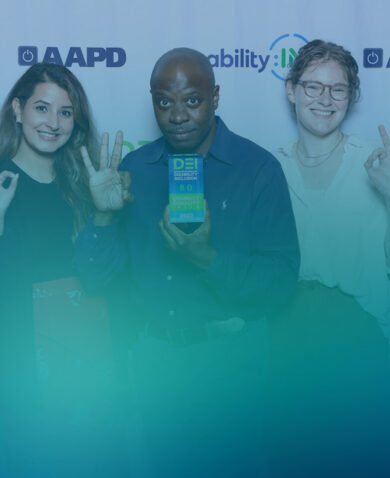
Good, Cheap, Fast – Pick Two
April 3, 2019 | < 1 Minute ReadNot every context is right for an off-the-shelf software solution. Just because a product exists, it doesn’t mean the collaboration with a vendor will be successful. Chris Gegenheimer shares a few key factors for success from an implementer’s perspective.
This post originally appeared on the DevResults blog.
Back in September, Chemonics and DevResults spoke at MERL Tech DC about the inherent compromise involved when purchasing enterprise software. In short, if you want good software that does everything you want exactly the way you want it, cheap software that is affordable and sustainable, and fast software that is available immediately and responsive to emerging needs, you may have to relax one of those requirements. In other words: “good, cheap, fast – pick two!”
Of course, no buyer or vendor would ever completely neglect any one of those dimensions to maximize the other two; instead, we all try to balance these competing priorities as best we can as our circumstances will allow. It’s not an “all or nothing” compromise. It’s not even a monolithic compromise: both buyer and vendor can choose which services and domains will prioritize quality and speed over affordability, or affordability and quality over speed, or affordability and speed over quality (although that last one does sometimes come back to bite). Chemonics and DevResults have been working together to support Chemonics’ projects and its monitoring and evaluation (M&E) needs since 2014, and we’ve had to learn from each other how best to achieve the mythical balance of quality, affordability, and speed. We haven’t always gotten it right, but we do have a few suggestions on how technological partnerships can ensure long-term success … Read the full post on DevResults.
Posts on the Chemonics blog represent the views of the authors and do not necessarily represent the views of Chemonics.
















